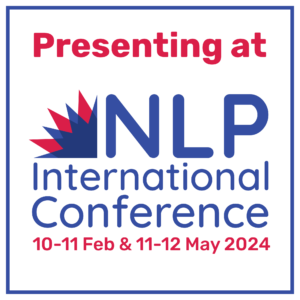Work out a place and a chair / mat where you will be able to practice on a regular basis – also where you will not be disturbed. Preferably, use this place from now on, and, if possible, at a similar time every day. I recommend doing this each morning soon after you wake up. If this is not practical in your situation, then commit to practice every day, whenever you can find the time. If you miss a day, don’t give up: do your best.
Put in place some simple agreements with anyone you live with to minimise interruptions.
New practices require discipline to stick to a plan you effectively make with yourself. This will help you establish a habit. Give yourself slightly more than ten minutes, so you gain the habit of taking a pause before and after the practice. In the second week, if you can spare fifteen or twenty minutes, so much the better. Having a further practice soon before you go to bed is also recommended.
You may wish to simply continue for the next seven days with the Core Practice at the start of this chapter, or you can try different ones from the exercises suggested below.
I have put the exercises into four main types. The first type is breathing-based (it features two meditations). The second concentrates more on the body and motion. The third features an exercise based around visualization. A fourth section introduces two more complex meditations, which I suggest you leave until you have experience of the other meditations.
I suggest you try an exercise from each of the first three sections, and find which works best for you. Once you have made this decision, work on this exercise for a week. This will ‘raise your game’ and enable you to work better with less familiar material. For the second week, try an exercise from a second category, and for the third week, from the remaining one.
However, as I’ve said, do it your way. Your inner world is yours. Part of the job of meditation is to help you realise that the rules of the outside world don’t apply to your own imagination.
Please stop the practice (or pause briefly) if you become light-headed or start to feel unwell. Meditation should be relatively easy and most people don’t have significant trouble with it. If you begin to hyper-ventilate or have a strong negative reaction, stop. If this continues, seek medical advice.
In my book, Mindful Business Leadership, I have covered far more content and advice on how to meditate. If you have any questions, please email me at robbie@nlpschool.com











